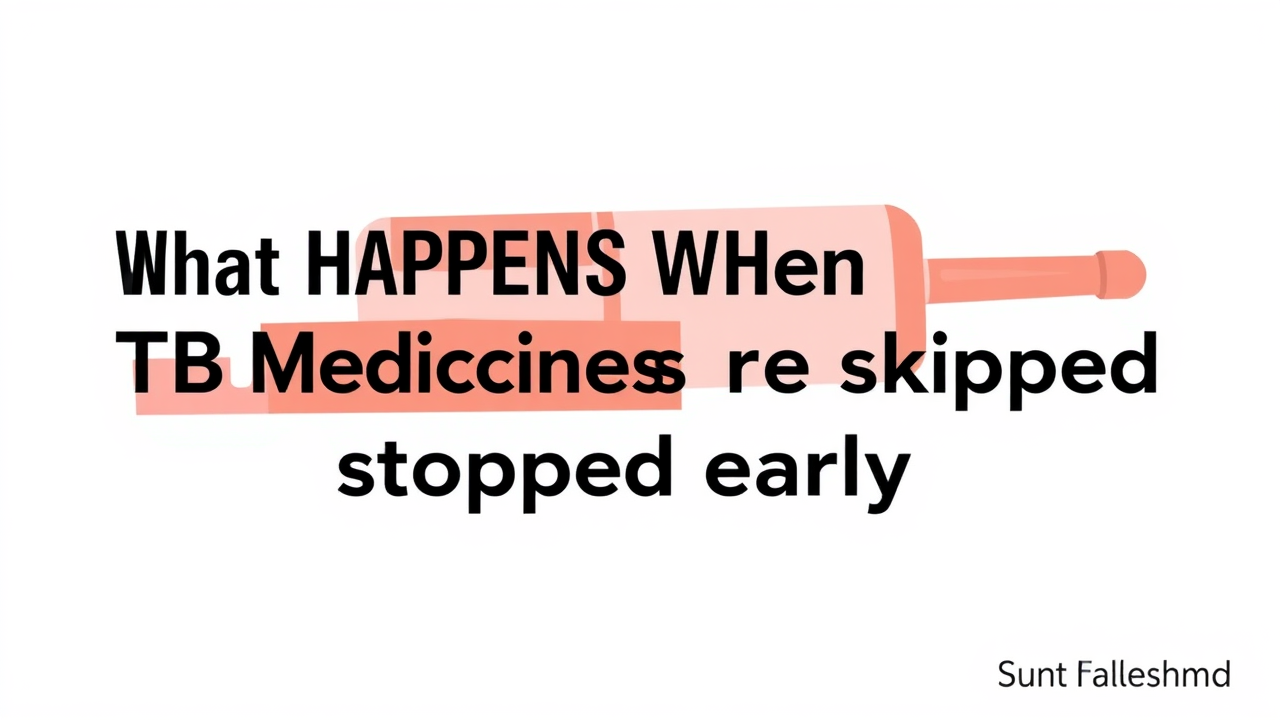India reported approximately 25.5 million tuberculosis (TB) patients as of 2025, according to the National Tuberculosis Elimination Programme and Ministry of Health data. TB is an infectious disease caused by Mycobacterium tuberculosis bacteria. It primarily targets the lungs but can spread to kidneys, spine, and brain. Lung TB symptoms include coughing, chest pain, and blood in sputum, while spread beyond lungs may cause back pain, joint issues, or meningitis. Standard treatment requires a six to nine-month course of antibiotics. Despite mild side effects like stomach discomfort prompting some to skip doses, completing the full course is critical. Missing doses allows bacteria to survive and develop resistance, creating drug-resistant TB that demands stronger medicines for longer periods. Irregular treatment risks relapse, prolonged recovery, and transmission to others. Patients need adequate rest, high-protein nutrition, and strict adherence to prescribed medication schedules for successful recovery.

What Happens When TB Medicines Are Skipped or Stopped Early
Incomplete or irregular TB treatment prevents complete elimination of bacteria, allowing some to survive and develop resistance to standard drugs. This creates drug-resistant TB, which is significantly harder to treat and requires stronger medications with more severe side effects over extended periods. Patients may need treatment lasting up to three years instead of the standard six to nine months, sometimes requiring intravenous administration. The infection can return, making individuals sick and contagious again. Lung damage worsens, recovery slows considerably, and family members face heightened infection risk. Missing doses during initial treatment phases poses greater danger than later stages, as the first two months kill most bacteria while remaining months prevent relapse.
Source: Link
